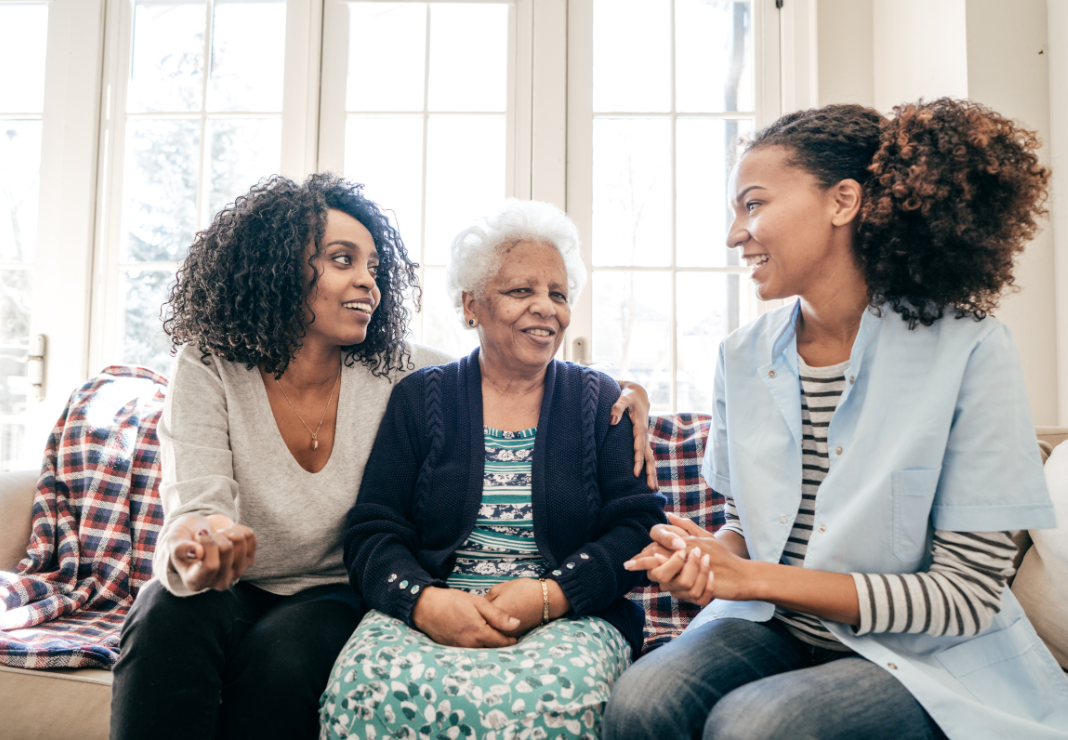For generations, Black families have embraced a strong tradition of caring for our elders within the community. From grandparents raising grandchildren to neighbors checking in on each other, a sense of collective responsibility and cultural understanding has guided our approach to senior care. However, as societal shifts and demographic changes occur, the need for culturally competent senior care services specifically tailored to the Black community becomes increasingly critical.
Unique Needs, Unique Solutions
The Black community faces unique challenges when it comes to senior care. Chronic health conditions like diabetes, heart disease, and Alzheimer’s disproportionately affect Black Americans. Additionally, historical and ongoing systemic inequalities can lead to limited access to quality healthcare, financial insecurity, and social isolation in later years.
Therefore, a one-size-fits-all approach to senior care simply doesn’t work. We need solutions that acknowledge and address the specific cultural, social, and health needs of Black elders. This means:
- Building trust: Black seniors may have had negative experiences with the healthcare system, leading to distrust. Culturally competent caregivers who understand the community’s history and build genuine relationships are essential.
- Addressing implicit bias: Unconscious biases can negatively impact care decisions and quality. Training and education for healthcare professionals are crucial to ensure fair and equitable treatment.
- Focusing on holistic care: Recognizing the interconnectedness of physical, mental, and spiritual well-being is key. Services should incorporate cultural traditions and spiritual practices to support holistic health.
- Engaging families and communities: Black families have strong support networks. Empowering families and incorporating their voices into care decisions is vital.
- Providing culturally relevant activities: Activities should reflect Black culture and history, fostering a sense of connection and belonging.
Building the Bridge: A Community-Based Approach
Fortunately, there are inspiring initiatives paving the way for culturally competent senior care. Community-based organizations, faith-based institutions, and Black-owned businesses are developing innovative solutions. These include:
- Intergenerational programs: Connecting young and old through shared activities fosters mutual support and understanding.
- Telehealth services: Providing remote access to healthcare reduces barriers and improves access for geographically isolated seniors.
- Culturally tailored support groups: Creating safe spaces for Black elders to share experiences and access resources.
- Training and education programs: Equipping caregivers with cultural sensitivity and knowledge of Black history and traditions.
Investing in Our Future
Investing in culturally competent senior care isn’t just about providing quality care for our elders; it’s about honoring our legacy and ensuring the well-being of our community. By advocating for culturally sensitive solutions and supporting initiatives that address our specific needs, we can build a future where all Black elders age with dignity, respect, and the care they deserve.
Let’s continue the conversation! Share your thoughts and experiences with culturally competent senior care in the comments below.
Additional Resources:
- National Center on Minority Health and Health Disparities: https://minorityhealth.hhs.gov/
- The National Resource Center on African American Aging: https://ncaaact.org/aging-disability-resource-center/
- The Black Coalition on Aging: https://ncba-aging.org/
- Certified Senior Care: https://certifiedseniorcare.org/
By sharing this blog post and resources, we can raise awareness and advocate for culturally competent senior care for all Black elders. Together, we can ensure that our community’s rich legacy continues to thrive for generations to come.





